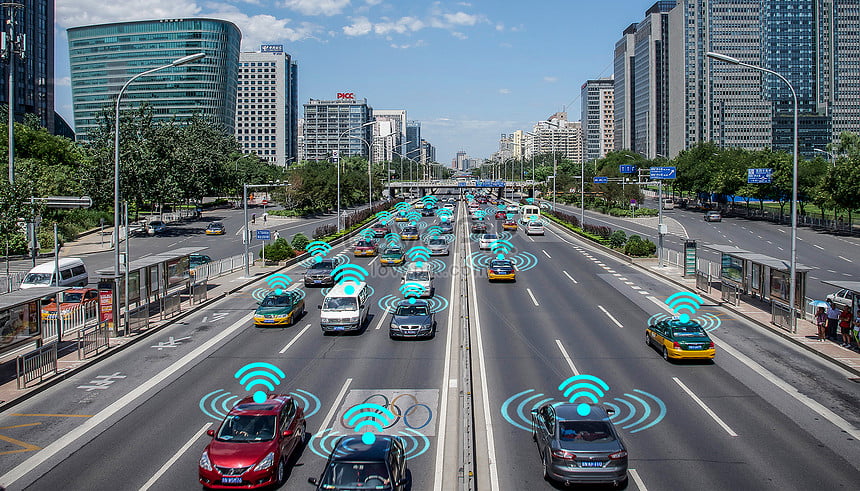In today's rapidly evolving digital landscape, Information and Communication Technology (ICT) has emerged as a game-changer across various industries. One such sector that has witnessed a profound transformation is transportation. This article explores the multifaceted ways in which ICT affects transportation, revolutionizing mobility and paving the way for a more connected and efficient future.
- Enhancing Efficiency and Safety:
ICT has significantly improved the efficiency and safety of transportation systems. Advanced traffic management systems, powered by real-time data and analytics, enable intelligent traffic control, reducing congestion and travel times. Additionally, ICT facilitates the integration of smart sensors and communication technologies, enabling real-time monitoring of vehicle conditions, enhancing safety, and enabling predictive maintenance. - Intelligent Transportation Systems (ITS):
ICT has given rise to Intelligent Transportation Systems, which leverage cutting-edge technologies to optimize transportation networks. ITS encompasses various applications such as traffic management, electronic toll collection, and advanced traveler information systems. These systems provide real-time updates on traffic conditions, alternative routes, and public transportation schedules, empowering commuters to make informed decisions and reducing overall travel time. - Ride-Sharing and Mobility-as-a-Service (MaaS):
The advent of ICT has revolutionized the way people commute, giving rise to ride-sharing platforms and Mobility-as-a-Service (MaaS) solutions. These platforms connect passengers with drivers, optimizing vehicle utilization and reducing the number of private vehicles on the road. MaaS integrates various transportation modes, including public transit, ride-sharing, and bike-sharing, into a single platform, providing seamless and convenient travel options. - Electric and Autonomous Vehicles:
ICT plays a pivotal role in the proliferation of electric and autonomous vehicles, transforming the transportation landscape. Electric vehicles (EVs) leverage ICT for battery management, charging infrastructure optimization, and range prediction, making them more practical and accessible. Furthermore, autonomous vehicles rely heavily on ICT for real-time data processing, sensor fusion, and communication, enabling safe and efficient self-driving capabilities. - Smart Logistics and Supply Chain Management:
ICT has revolutionized logistics and supply chain management, optimizing the movement of goods and reducing inefficiencies. Advanced tracking and tracing systems, powered by ICT, enable real-time visibility of shipments, enhancing transparency and reducing delays. Additionally, predictive analytics and machine learning algorithms optimize route planning, inventory management, and demand forecasting, streamlining the entire supply chain process.
Conclusion:
The impact of ICT on transportation is profound and far-reaching. From enhancing efficiency and safety to enabling intelligent transportation systems and revolutionizing mobility options, ICT has transformed the way we move. As technology continues to advance, the integration of ICT with transportation will only become more seamless, creating a future where mobility is not only efficient but also sustainable and interconnected. Embracing these advancements will pave the way for a smarter and more accessible transportation ecosystem.
